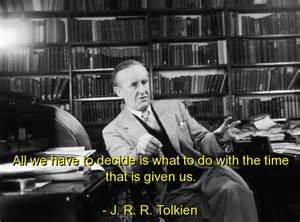Looking around the internet, I see there are a plethora of examples of how the light-hearted, glossy, soundbyte
tendencies of our culture have intruded on stories that form the backbone of our cultural heritage.
Memes and appropriated quotes have become a kind of hieroglyphic language between us, transferred from our
devices faster than the speed of sound- which used to be the way we all shared our common experience.
Perhaps it is this fleetness of transmission that leads to the glibness of the sentiment in memes. Perhaps it is the human
mind’s response to the grimness and futility of our global situation that leads us to make light of those elements
of story common to all our inner lexicons. Humor is a defense mechanism, and to mock even with innocent intent
so repeatedly these elements of our communal cultural language suggests that we feel unable to rise to the moral and
spiritual benchmarks these stories lay out for us.
Humor is not an end to itself, but a tool for change, and to consistently look only at the most shallow
and pithy aspects of great story and great characters cuts off the essential aspect of what stories and culture have to
give us. They are meant to inspire, to chide, to act as measuring sticks by which we increase the bound of what we as individuals
and we as a society feel we are able to attain. Stories are our parents and our deities who guide us into the paths of
light and out of the paths of despair and darkness. Tales of great deeds and the characters within them look on us with
the loving, stern countenance of the Father. They encourage us through example to follow in their footsteps to bigger and
better deeds. To mock these endlessly is to shut the door on the pathways these stories can inspire, and it is the same as
turning your back on the father who wishes to guide us to greatness.
It is important therefore to spend some time allowing the stories that shape our collective lexicon to settle into the deeper
parts of our psyche. By allowing ourselves the time to absorb the full impact of the grandeur and complexity of the characters
in our pop culture memes, we do two things- we let them guide us as they were meant to guide us, we who are seekers of truth;
we give the characters and their stories the respect they so rightly deserve. They have taught, inspired and guided us and our forebears, sometimes for hundreds of generations. We owe them more than a soundbyte and a laugh. We owe it to them to
listen with respect.
If the lessons our stories have to teach us make us feel unworthy or unable to rise to the perceived heights we feel they urge us to reach, we must remember that our heroic characters and their heroic stories also lived their lives day by day and mile by mile between the lines of what was written about them. I leave you with a meme or two that will remind you that you can apply the stoic loyal determination of Faramir or the timely care and ingenuity of Gandalf to even the most basic day to day aspects of life:





